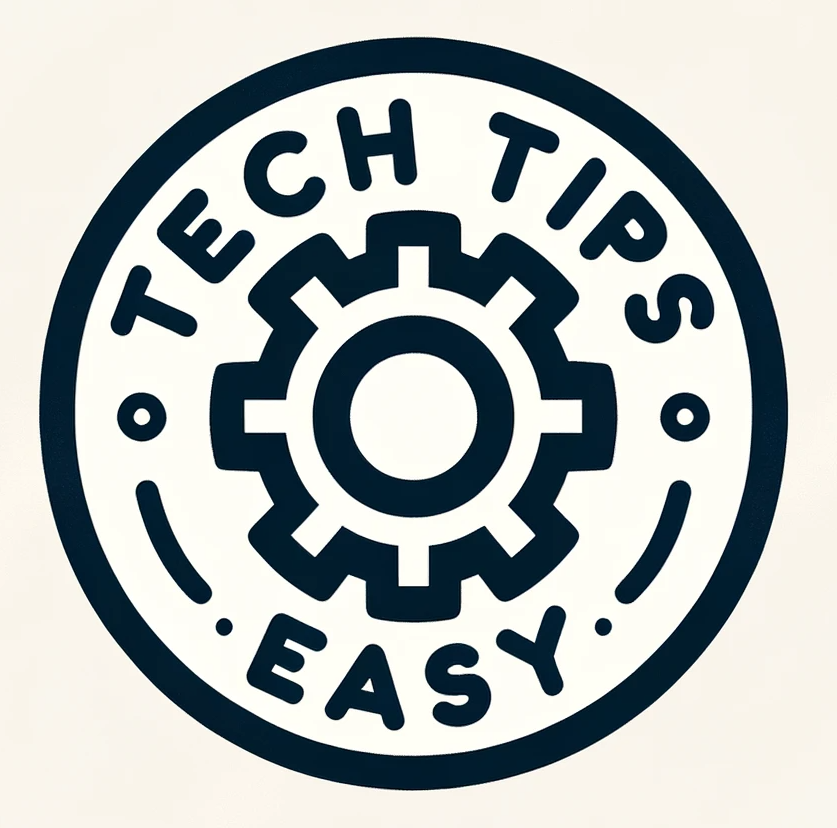New to crypto? Learn what a cryptocurrency wallet is, types of wallets, and top options like MetaMask, Rabby, Ledger, and more.
Introduction
Cryptocurrency wallets are essential for managing your digital assets, but can be confusing for beginners. In this guide, we’ll demystify crypto wallets by explaining what they are, types of wallets, and popular wallet options.
Whether you’ve just bought your first crypto or are exploring decentralized apps, understanding wallets is key to safely storing and using your coins and tokens.
What Is A Cryptocurrency Wallet?
A cryptocurrency or crypto wallet is software for managing the keys that control your blockchain assets.
Your wallet:
- Generates your public address for receiving crypto payments
- Securely stores your private key that provides wallet access
- Interacts with blockchains to monitor balances and transact
- Provides additional features from trading to staking
Unlike fiat in a bank account, crypto like Bitcoin is stored on the blockchain.
Wallets make it easy to monitor and control your decentralized holdings.
Types of Cryptocurrency Wallets
There are several categories of wallets with different features:
Hardware Wallets
Hardware wallets are physical devices like the Ledger Nano X that keep your private keys offline for robust security. When you want to transact, connect the hardware wallet to your computer.
Pros:
- Extremely secure cold storage for your private keys
- Protect against online theft and hacks
Cons:
- Can be expensive to purchase
- Less convenient for frequent transactions
Mobile Wallets
Mobile wallets are apps on your smartphone for managing crypto on the go. Top mobile wallets include:
- Trust Wallet
- Coinbase Wallet
- MetaMask Mobile
- Rabby Wallet
Pros:
- Convenient access on your phone anytime
- Integration with DeFi apps and dApps
- Secure encryption and biometric login
Cons:
- Less secure than hardware wallets
- Risk of phone viruses/malware
Desktop Wallets
Desktop wallets run on your PC providing access when at home. Leading options include:
- Exodus
- Atomic Wallet
- Coinbase Wallet
- Rabby Wallet
Pros:
- Powerful desktop app features
- Easy to setup and manage holdings
- Access to desktop dApps
Cons:
- Requires securing PC access diligently
- Not as convenient as mobile
Web/Browser Wallets
Browser extension wallets like MetaMask integrate crypto management directly into your web browser.
Pros:
- Use wallet conveniently across devices
- Easy interaction with Ethereum dApps
Cons:
- Browser security risks if exploited
- Limited to wallet’s supported blockchains
Paper Wallets
For ultra cold storage, paper wallets are private keys physically printed out and stored offline.
Pros:
- As secure as you make storage procedures
- Completely isolates keys from online access
Cons:
- Not convenient for active usage
- Easier to make mistakes that cause permanent loss
Custodial Wallets
Hosted by exchanges, custodial wallets are convenient but carry security risks as you do not control the private keys.
Pros:
- Easy fiat on-ramps
- Tight platform integration and features
Cons:
- Must trust provider’s security fully
- Higher risk of loss from hacks
Non-Custodial Wallets
Non-custodial wallets put you fully in control of private keys. Most hardware, desktop, mobile, and browser extension wallets follow this model.
Pros:
- You fully control your crypto assets
- Ability to use DeFi apps and decentralization
Cons:
- Account security totally your responsibility
- Expect fewer fancy built-in services
Top Crypto Wallet Options
With many wallets available, here are top picks across categories:
- MetaMask – Most popular browser extension wallet
- Rabby – Innovative multi-chain desktop and mobile wallet
- Ledger – Top hardware wallet brand for offline security
- Exodus – User-friendly desktop wallet with great design
- Trust Wallet – Top mobile wallet for iOS and Android
The right wallet depends on your priorities around security, functionality, and convenience. Evaluate your needs as you get started safely securing your crypto.
Conclusion
Cryptocurrency wallets provide private key management and blockchain interactions for monitoring balances, transacting coins and tokens, staking assets, and more – but all wallets are not equal.
Hardware wallets prioritize offline security, mobile wallets focus on convenient everyday access and browser wallets integrate blockchain activity across devices.
Take time to understand the options so you can choose the best wallet for safely managing your digital assets.
Call to Action
Ready to secure your crypto journey? Learn more about leading wallets like MetaMask and Rabby Wallet to choose the right fit for you.

